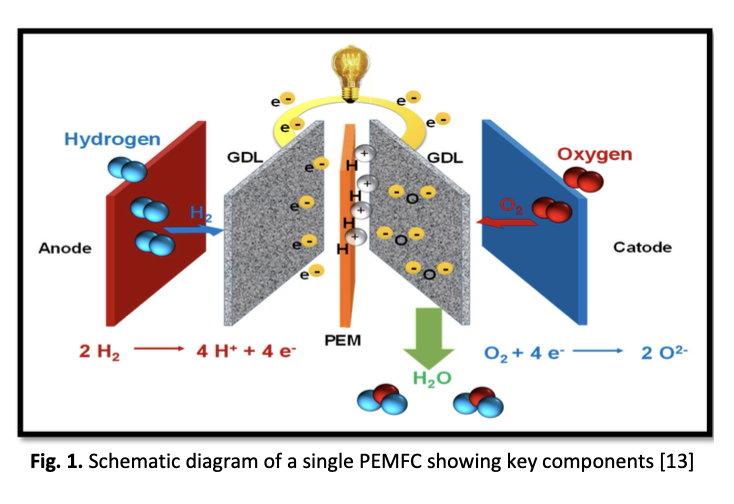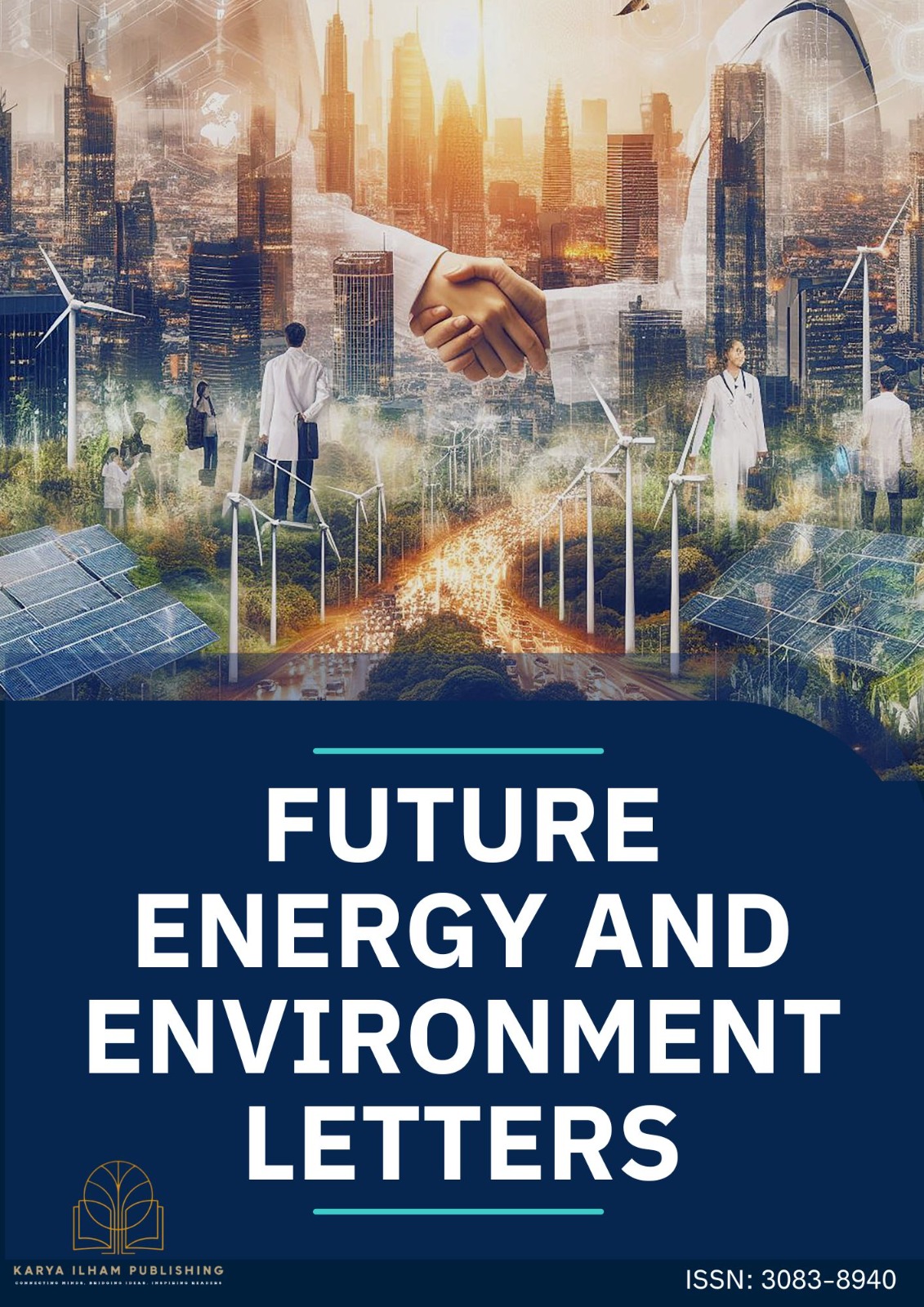Fuel Cells and their Role in Sustainable Energy Transition: A Review
DOI:
https://doi.org/10.37934/feel.4.1.118Keywords:
Fuel cells, electrochemical reaction, sustainable energyAbstract
Fuel cells are innovative clean energy technologies that generate electricity through an electrochemical reaction, rather than conventional combustion, offering higher efficiency and significantly lower environmental impact. Among various types, hydrogen fuel cells stand out as particularly promising due to their ability to produce only water as a by-product, making them ideal for sustainable energy systems. This review paper provides an overview of the fundamental operating principles of fuel cells, along with a detailed examination of the major types, including Proton Exchange Membrane Fuel Cells (PEMFCs), Solid Oxide Fuel Cells (SOFCs), and Alkaline Fuel Cells (AFCs). Their applications across diverse sectors such as transportation (e.g., hydrogen-powered vehicles), stationary power generation, and portable electronic devices are also discussed. Furthermore, the paper explores recent advancements aimed at enhancing performance, reducing costs, and improving durability through innovations in catalyst materials, membrane technologies, and system integration. Despite these advancements, fuel cells continue to face several challenges, including high production costs, limited hydrogen infrastructure, and concerns regarding fuel storage and safety. The review highlights the importance of continued research and development, as well as strong policy support and investment, to address these barriers and promote large-scale adoption. In conclusion, with strategic advancements and integration with renewable energy sources, particularly through green hydrogen production, fuel cells have the potential to play a transformative role in achieving global decarbonization and sustainable energy goals.











